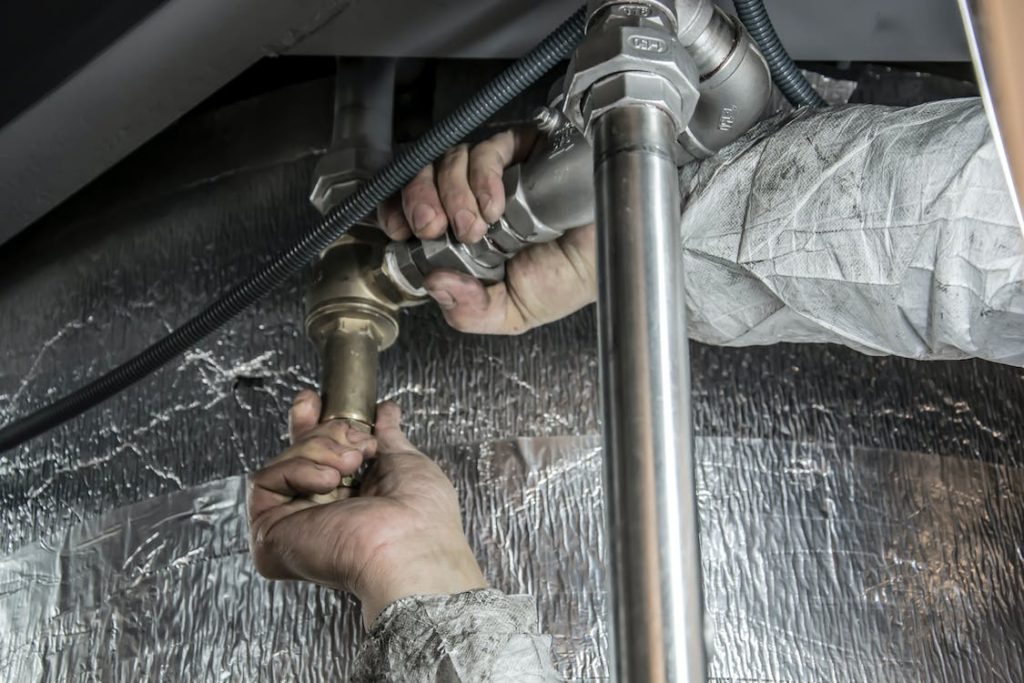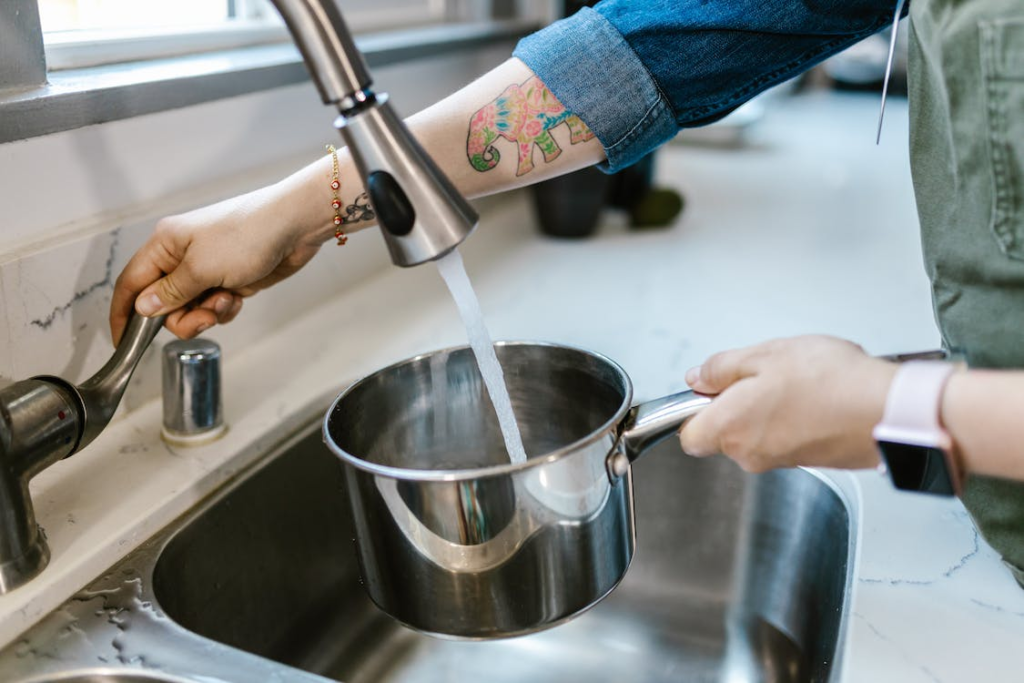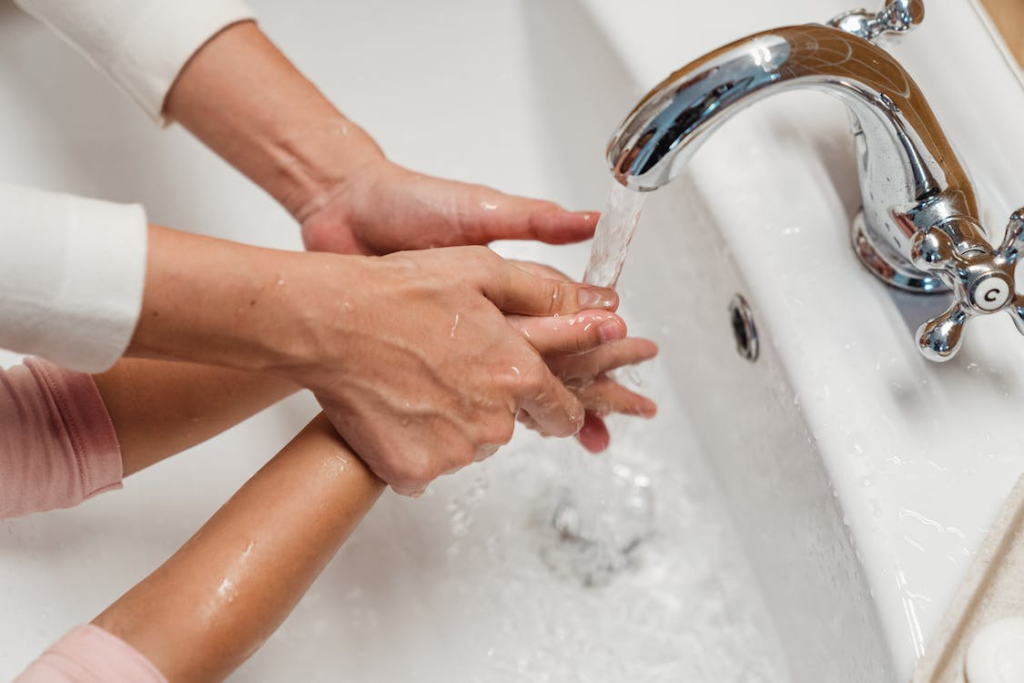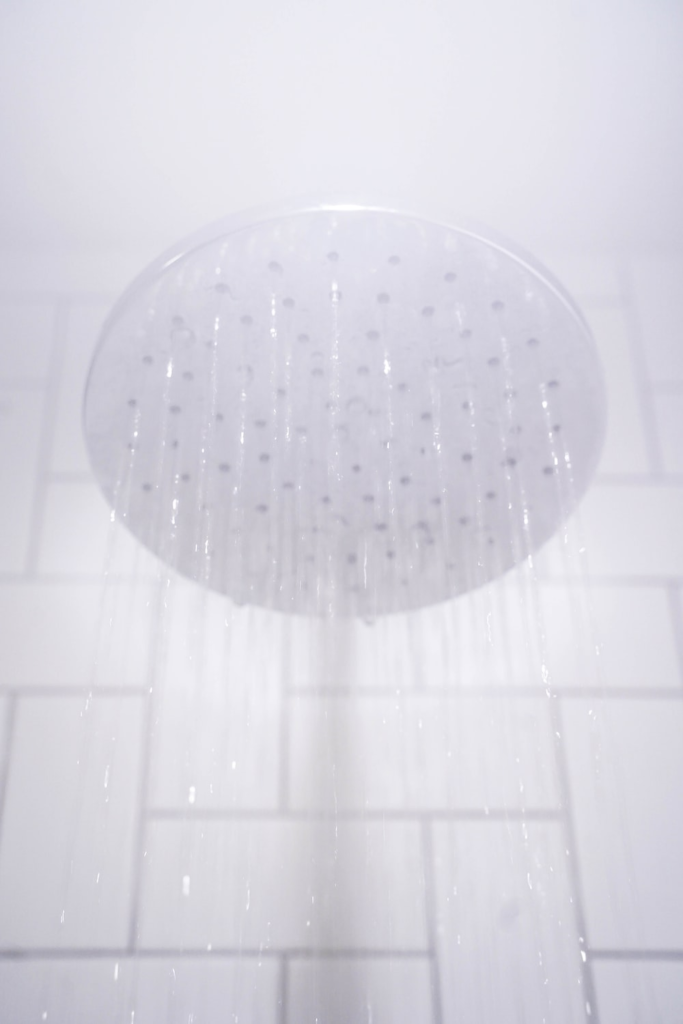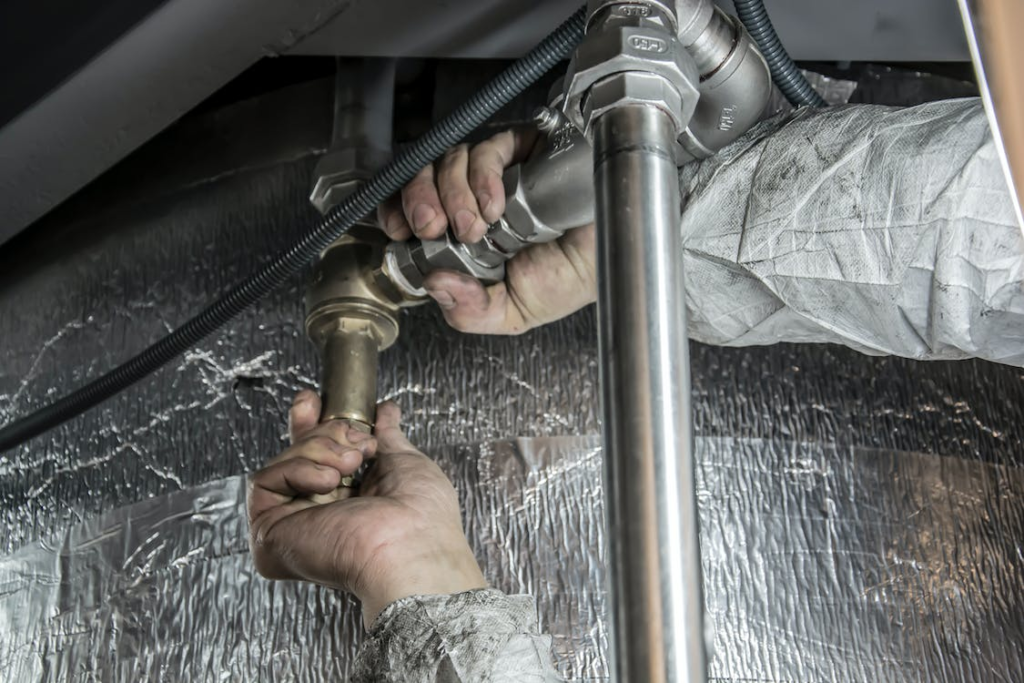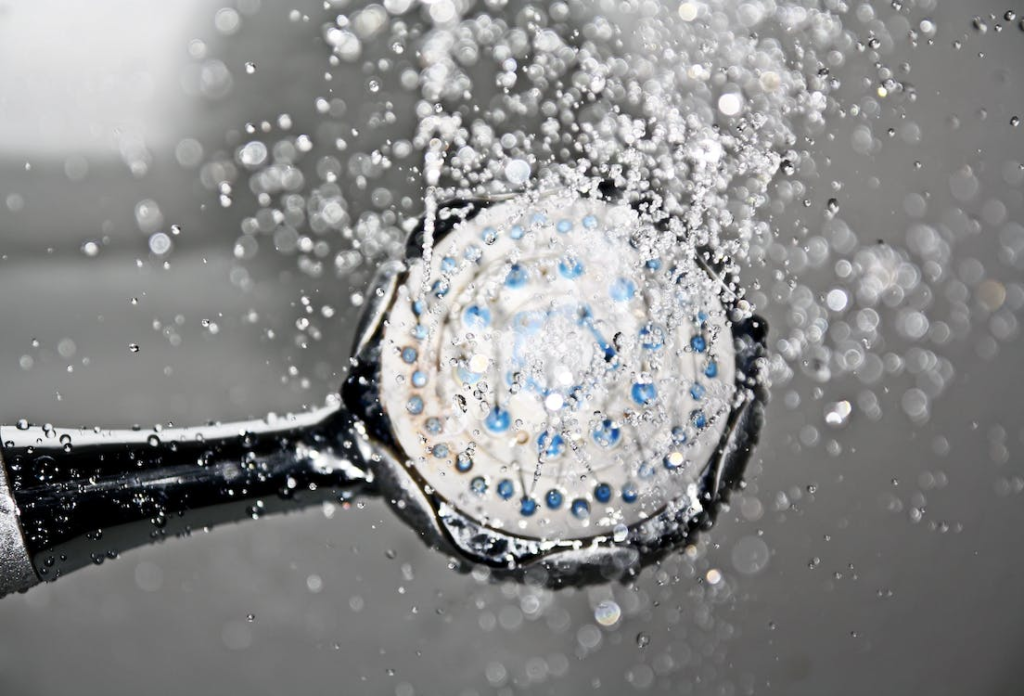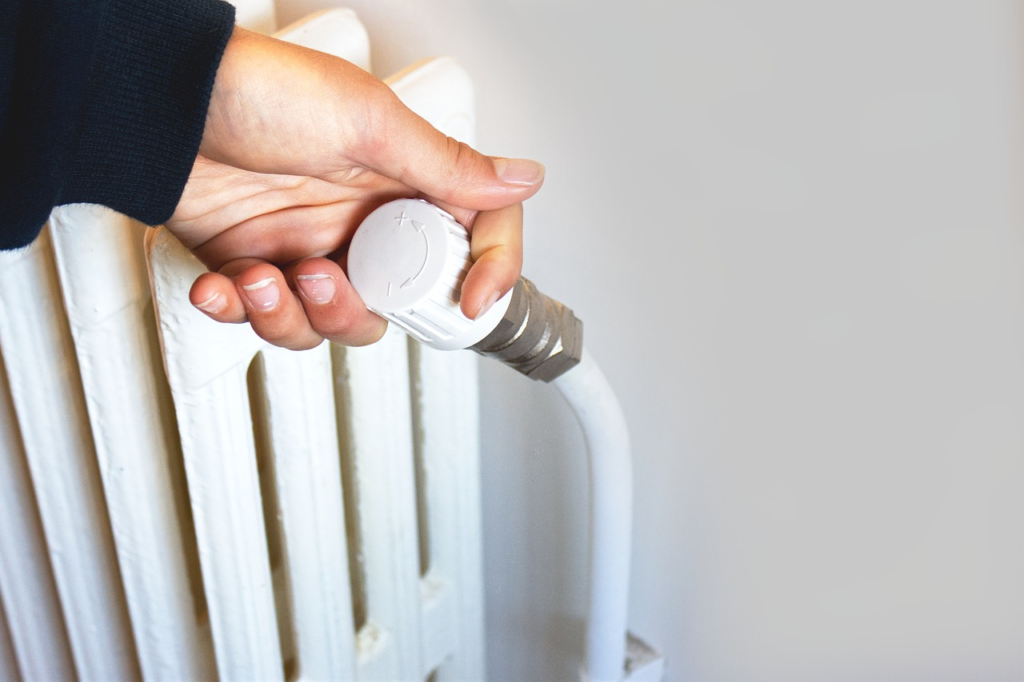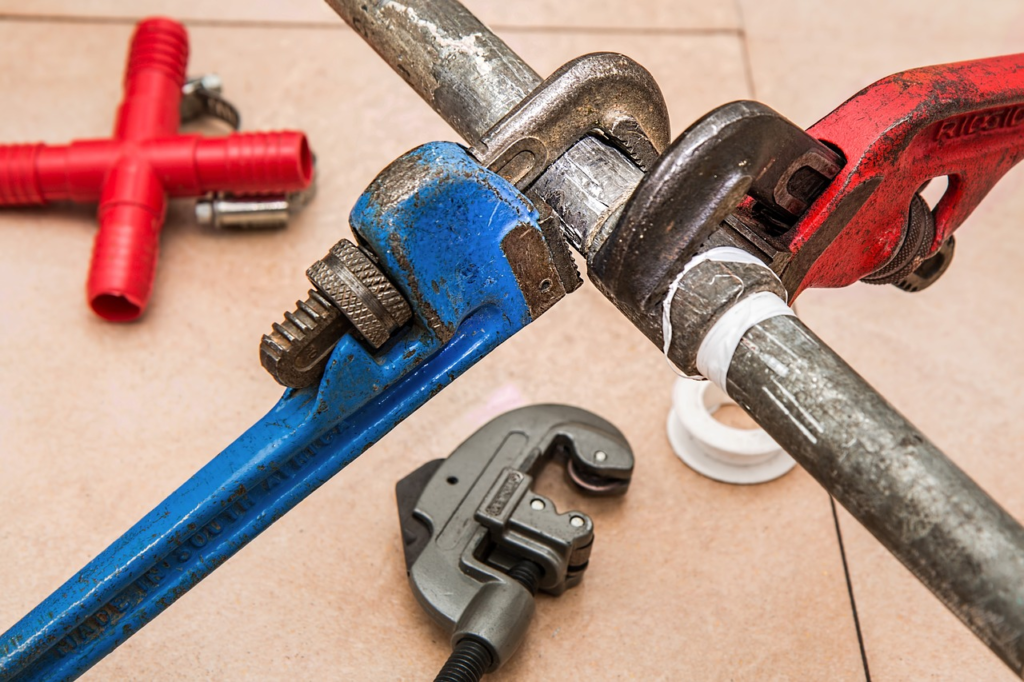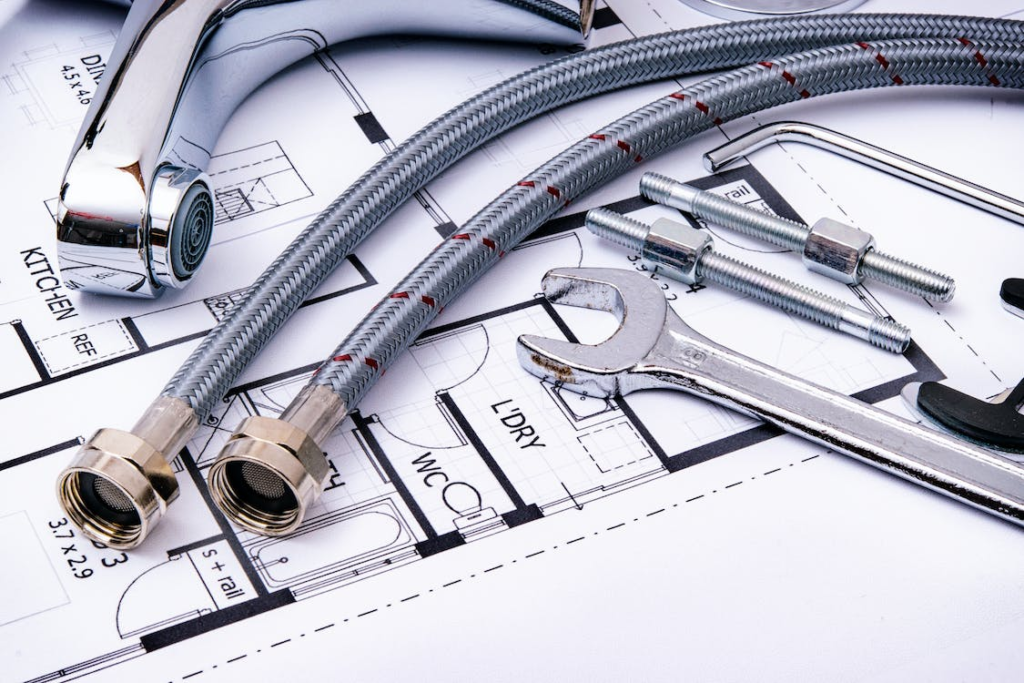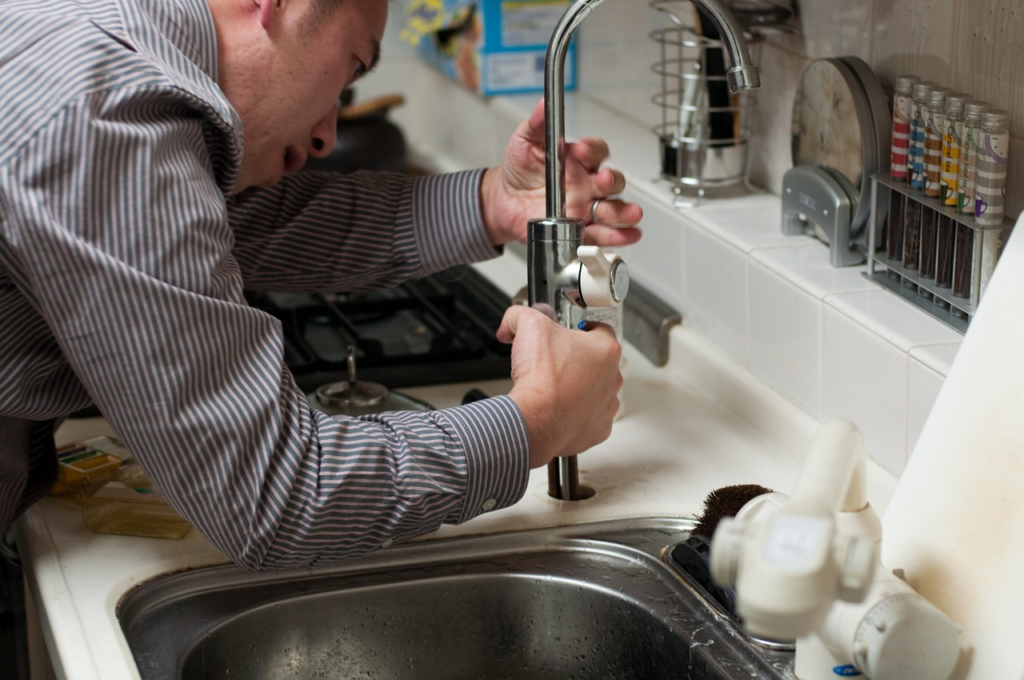Water is a fundamental aspect of daily life, but when its quality is compromised, it raises concerns for homeowners.
Professional plumbers like Your 1 Plumber can tackle these common water quality problemsto ensure the health of you and your loved ones.
What Are The Common Water Quality Problems?
Here are three common water quality issues:
Discoloration
Discolored water, often appearing brown or yellow, can result from rust or sediment in pipes. It may also indicate the presence of minerals or the corrosion of plumbing materials.
Odors
Unpleasant odors in water may stem from bacterial contamination, decaying organic matter, or the presence of certain minerals. Common odors include a rotten egg smell (sulfur) or a musty odor.
Unusual Taste
Water with unusual taste, such as a metallic or earthy flavor, may be attributed to dissolved minerals, algae, or the presence of contaminants. These tastes can affect the overall palatability of drinking water.
What Are the Effective Solutions and Prevention For These Common Water Quality Problems?
Discoloration Solutions
Flushing the pipes can help alleviate temporary discoloration. If persistent, consider installing a water filter or contacting a professional to assess and address any plumbing issues.
Odor Solutions
Treating bacterial contamination may involve disinfection methods. For sulfur odors, installing a water treatment system like activated carbon filters can help neutralize the smell.
Taste Solutions
A water filter equipped with the appropriate filtration media can improve taste by removing minerals or contaminants. Regular testing and proper filtration system maintenance are essential.

Practical Tips for Testing and ImprovementOf Water Quality
Regular Water Testing
Conduct regular water tests to identify specific contaminants or issues affecting quality. Many home testing kits are available, or professional testing services can provide more comprehensive results.
Filtration Systems
Install suitable water filtration systems based on identified issues. Different systems, such as activated carbon filters or reverse osmosis units, target specific contaminants to enhance water quality.
Professional Assessment
If water quality problems persist or are severe, consider hiring a professionalplumber like Your 1 Plumberto conduct a thorough assessment. Professionals can identify underlying issues and recommend tailored solutions.
Preventive Maintenance
Implement preventive maintenance for plumbing and water treatment systems. Regular checks, cleanings, and timely repairs can prevent issues before they compromise water quality.
Plumbing Services To Handle Common Water Quality Problems By Your 1 Plumber
Your 1 Plumber offers top-quality water quality solutions in various Maryland areas such as Germantown, Silver Spring, Frederick, Columbia, etc. We have a team of professional plumbers and offer parts and labor warranties. So, get in touch with us now.






